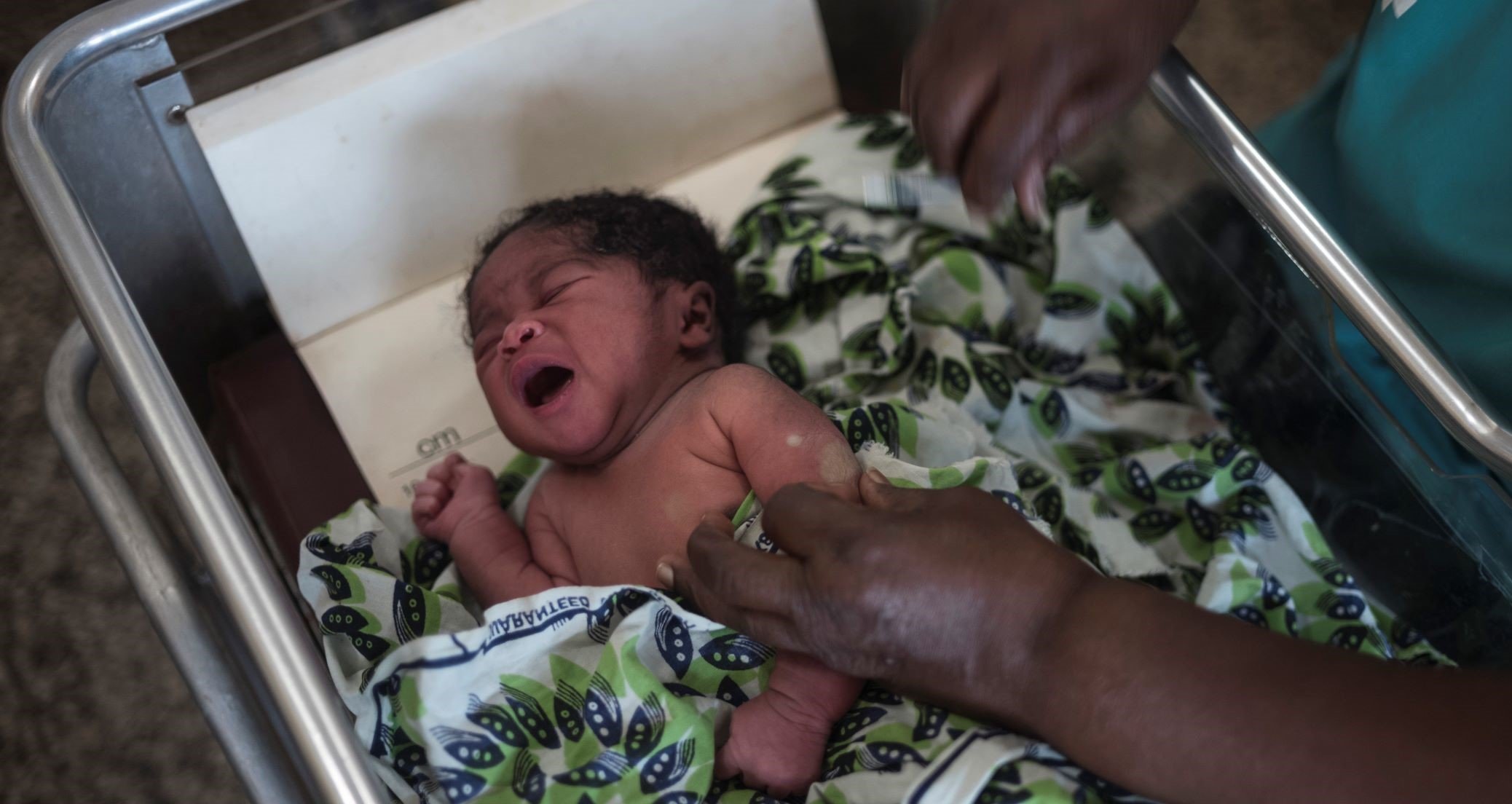Search
Research
Mucopolysaccharidosis (MPS IIIA) mice have increased lung compliance and airway resistance, decreased diaphragm strength, and no change in alveolar structureMucopolysaccharidosis type IIIA (MPS IIIA) is characterized by neurological and skeletal pathologies caused by reduced activity of the lysosomal hydrolase, sulfamidase, and the subsequent primary accumulation of undegraded heparan sulfate (HS). Respiratory pathology is considered secondary in MPS IIIA and the mechanisms are not well understood.
Research
Retrospective Examination of Peripubertal Return for Patients of Western Australia's Gender Diversity ServiceChildren far in advance of pubertal development may be deferred from further assessment for gender-affirming medical treatment until nearer puberty. It is vital that returning peripubertal patients are seen promptly to ensure time-sensitive assessment and provision of puberty suppression treatment where appropriate.
Research
Outcomes of interventions in neonatal sepsis: A systematic review of qualitative researchWhile a systematic review exists detailing neonatal sepsis outcomes from clinical trials, there remains an absence of a qualitative systematic review capturing the perspectives of key stakeholders.

The veteran tuberculosis vaccine BCG has puzzled scientists for decades. Now, The Kids researchers have not only unlocked part of the secret to its success in saving the lives of newborns, but they’re at the forefront of global efforts to test its ability to fight COVID-19.
Research
Examining the overlap in lymphatic filariasis prevalence and malaria insecticide-treated net access-use in endemic AfricaEradication and elimination strategies for lymphatic filariasis (LF) primarily rely on multiple rounds of annual mass drug administration (MDA), but also may benefit from vector control interventions conducted by malaria vector control programs. We aim to examine the overlap in LF prevalence and malaria vector control to identify potential gaps in program coverage.
Research
Novel GABAAR antagonists target networked gene hubs at the leading-edge in high-grade gliomasIon channel activity underlying biological processes that drive high-grade gliomas (HGG) is largely unknown. We aimed to determine the networking of ion channel genes and validate their expression within HGG patient tumors, to identify ion channel-targeting drugs that would inhibit tumor-promoting processes.
Research
Lung volumes, gas transfer and oscillometry after preterm birth: systematic review and meta-analysisSmall airway and lung parenchymal abnormalities frequently occur following preterm birth but are commonly missed by spirometry. Static lung volumes, diffusing capacity of the lung for carbon monoxide (D LCO) and oscillometry provide a more precise characterisation of these conditions. We hypothesised that differences in these measures exist between individuals born preterm and at term and we aimed to systematically review the literature to identify and quantify these differences in lung function.
Research
Global participatory wastewater surveillance to understand mpox clade diversity in war and conflict-affected countriesWar and conflict severely disrupt public health systems, compromising infectious disease surveillance in many affected regions. Mpox, a re-emerging zoonotic disease, poses a growing global threat, especially in areas where traditional monitoring is inaccessible.The mpox virus has distinct clades with varying transmission and severity.
Research
Exploring the evidence on housing and health among Indigenous peoples in high-income countries: A scoping review protocolThe objective of this scoping review is to understand the nature of the published evidence on housing suitability, affordability, insecurity, and homelessness in relation to physical and mental health, domestic violence, and health service use among Indigenous people in high-income countries.
Research
Effect of methylphenidate exposure on glutamate and glutamate-related metabolites in patients with ADHD: a systematic reviewDysfunctional glutamatergic neurotransmission has been implicated in the underlying pathogenesis of Attention Deficit Hyperactivity Disorder (ADHD). The psychostimulant methylphenidate (MPH), which is used as a first line treatment for ADHD, has been shown to have both acute and chronic effects on prefrontal cortex glutamatergic afferents. Animal studies have also identified an effect of MPH and glutamate in prefrontal areas. Despite this there are ongoing questions as to the extent and direction of this effect, as well as its impact on other neurobiological processes.
